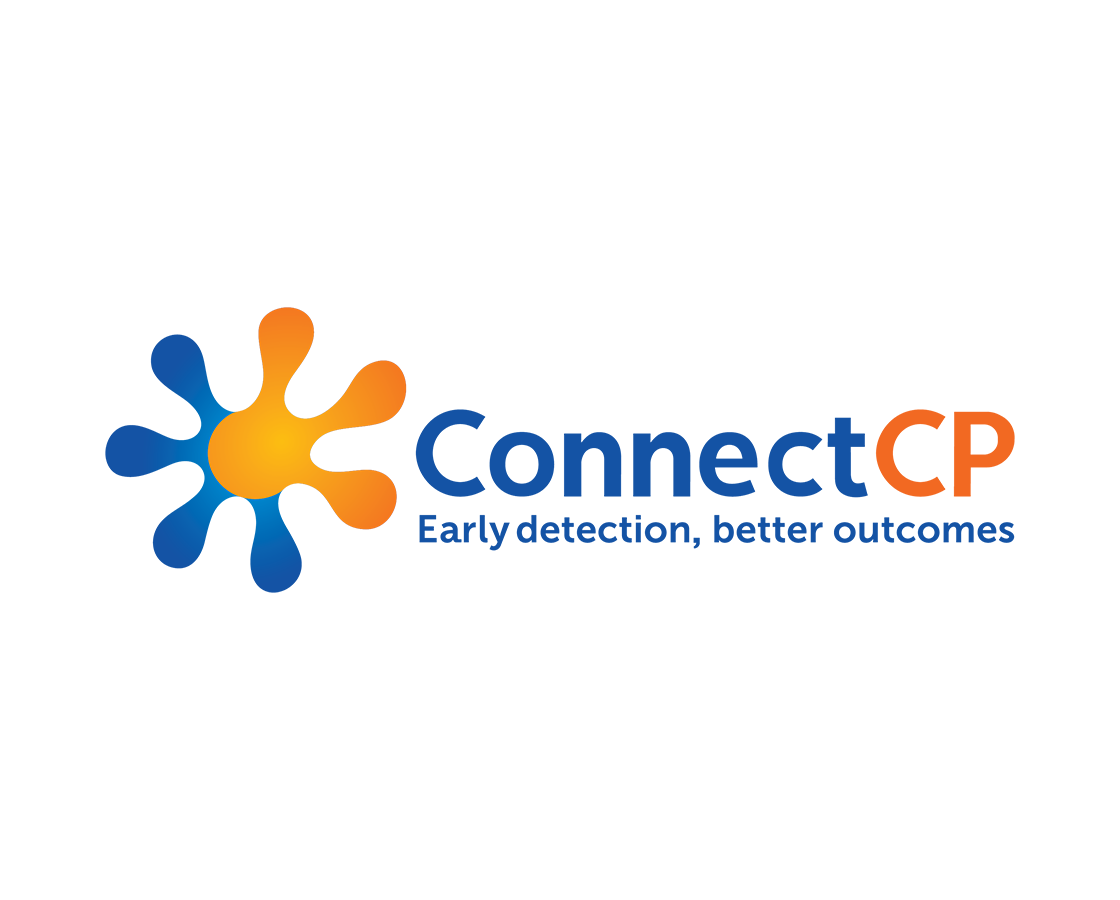Search
Research
REACH: study protocol of a randomised trial of rehabilitation very early in congenital hemiplegiaCongenital hemiplegia is the most common form of cerebral palsy (CP). Children with unilateral CP show signs of upper limb asymmetry by 8 months corrected age (ca) but are frequently not referred to therapy until after 12 months ca. This study compares the efficacy of infant-friendly modified constraint-induced movement therapy (Baby mCIMT) to infant friendly bimanual therapy (Baby BIM) on upper limb, cognitive and neuroplasticity outcomes in a multisite randomised comparison trial.
Research
Active Strides-CP: Randomised trial of Intensive Rehabilitation (combined Intensive gait and cycling training) for children with moderate to severe bilateral cerebral palsyActive Strides-CP is an RCT assessing a new treatment for children with moderate to severe CP, combining intensive gait and cycling training to simultaneously address motor and participation outcomes.

Research
CONNECT-CP (A Clinical Research Program to Improve Connection, Access and Translation of Evidence in Cerebral Palsy)CONNECT-CP aims to diagnose cerebral palsy (CP) earlier and ensure all children in Western Australia (WA) have access to early assessment and support.
Research
CP Movetime: A wearable sensor and user interface to reduce sedentary behaviours in non-ambulant children and youth with cerebral palsyCP Movetime aims to establish and test a technology-based application to improve health outcomes by monitoring device measured sedentary behaviours in non-ambulant children and youth with cerebral palsy.
Research
Early Moves ProjectThe Early Moves study is investigating whether a baby’s early movements can predict learning difficulties later in childhood.
Research
ENVISAGE – ENabling VISions And Growing ExpectationsENVISAGE is a validated evidence-based program of facilitated group workshops for parents and carers of young children, aged 0-8 years, with a newly identified disability or who have concerns regarding their child’s development.
Research
The cost of respiratory hospitalizations in children with cerebral palsyTo establish the burden of respiratory illness in cerebral palsy (CP) on the Western Australian health care system by quantifying the costs of respiratory hospitalizations in children with CP, compared with non-respiratory hospitalizations.
